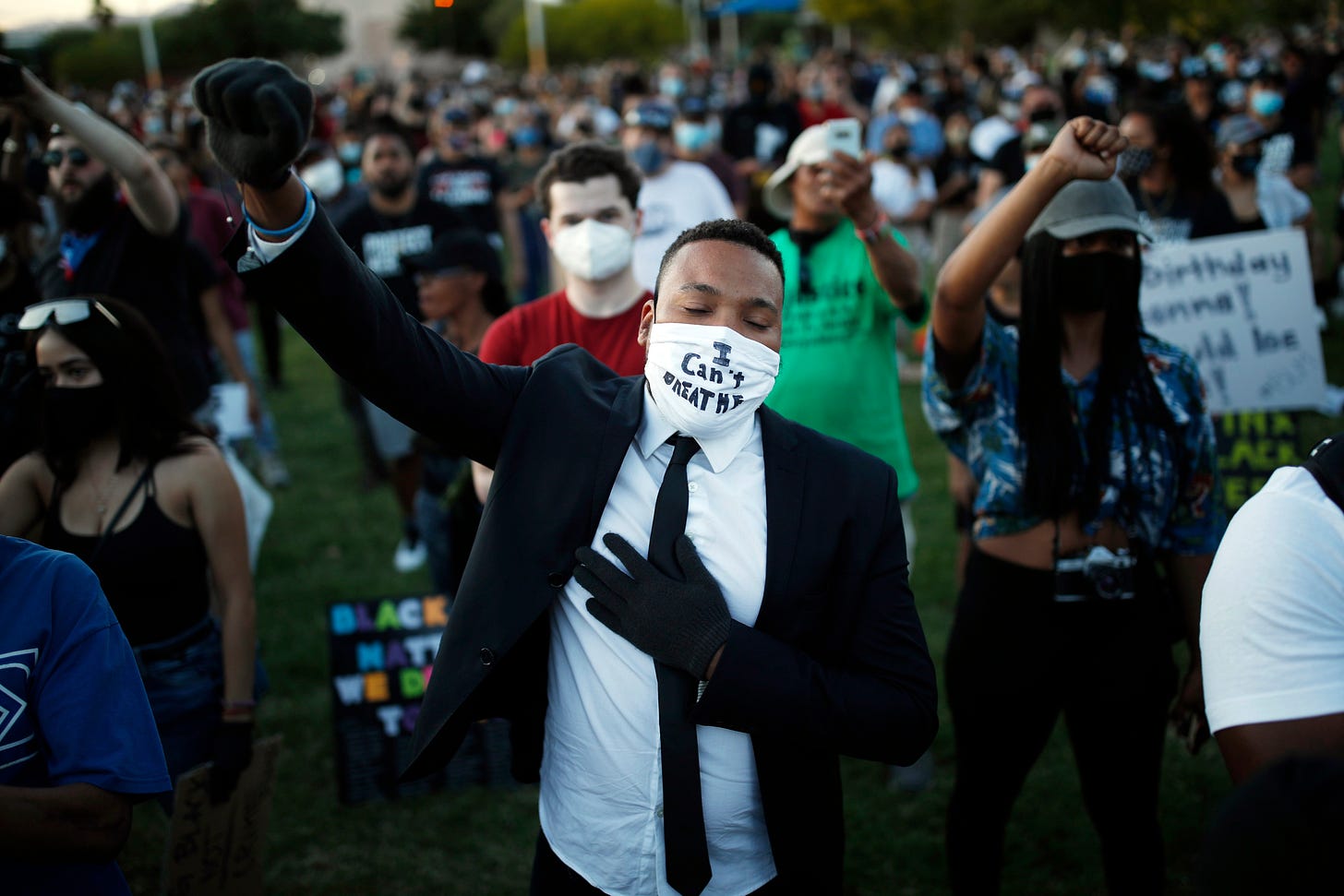Unsettling Advent, Day 13
“An angel from the Lord appeared to Joseph in a dream and said, ‘Get up. Take the child and his mother and escape to Egypt. Stay there until I tell you, for Herod will soon search for the child in order to kill him.’ … [King Herod] sent soldiers to kill all the children in Bethlehem and in all the surrounding territory who were two years old and younger, according to the time that he had learned from the magi.” (Matthew 2:13, 16)
We love to share the story of a child born in a manger visited by three well-wishing magi, but Matthew follows that peaceful scene with a story of a massacre. King Herod, the ruler of Judea backed by the Roman empire, orders the murder of all the toddlers of Bethlehem, fearing one of them will rise up and topple him from power.
The sheer horror portrayed by this passage makes us look away. We can’t bring ourselves to imagine legions of soldiers flooding into town, barging into homes in search of children, murdering them in front of their families, then leaving the families to mourn. We wince as we imagine the silence in the years that follow, the vanished children and the grief of the community. We ache as we imagine the anger of the survivors and their desire for revenge, a wish that we never see come to fruition.

There’s another reason we don’t focus on this passage much: Most historians doubt that the so-called Murder of the Innocents actually occurred. Perhaps a fledgling church, still trying to find its way, conjured it up to capitalize on the anger of the oppressed, a bit of betrayal to Jesus’s message of love, compassion, and peace.
But the true tragedy is that we can easily imagine such a massacre taking place because we see this story play out all the time. Today’s news tells of those whose power is threatened desperately going to any means necessary to hold onto that power. Genocide, dictators jailing or executing opponents, refusing to concede an election lost fair and square … power can be intoxicating, addictive, corrupting, extending from the person in power all the way down through their followers.
But that addiction to power isn’t just political, either. It reaches into our relationships with family, friends, communities, work, even our churches. We see that addiction in racism, sexism, abuse, xenophobia, homophobia, capital punishment. We confess that we even relish such addiction to power in our entertainment. The addiction surrounds us. And Christ calls us to fight those abuses of power every single time we see them.
Brad Lyons is the president and publisher of Chalice Press, the publishing house of the Christian Church (Disciples of Christ).

